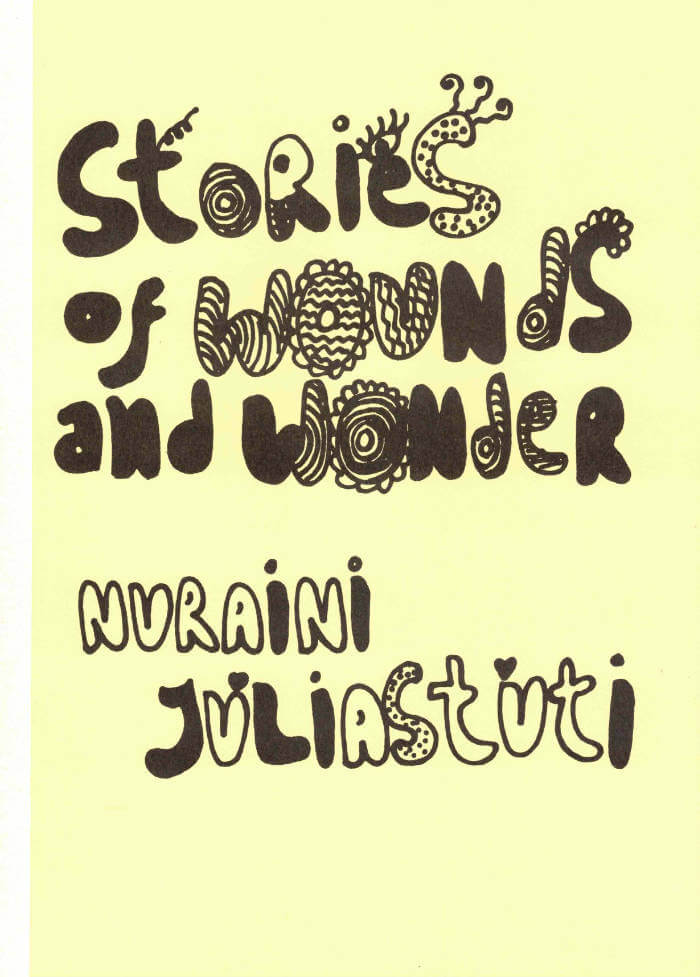
Social Movement: Through the Lens of Performance and Performativity
Anik Fournier ed.
This publication documents and shares the trajectory of If I Can’t Dance’s engagement with ‘Social Movement’ as the field of inquiry for its seventh biannual programme (2017–18).
Social Movement: Through the Lens of Performance and Performativityinvestigates how performance ontologies around bodily experience, affect and the relational better one’s understanding of social movement – and in turn how that understanding expands performance vocabularies. Divided into three ‘directions’ of movement, ‘gathering’, ‘embodiment’ and ‘care’, the selected theoretical and artistic perspectives are culled from our Reading Group material and from guests on our Radio Emma broadcasts. A keynote lecture by performance and social practice scholar Shannon Jackson, delivered as part of the edition’s final presentations, serves as an introduction.
Contributors: Giorgio Agamben, Selçuk Balamir, Anne Boyer, Judith Butler, Thomas F. DeFrantz, Nell Donkers, Pascale Gatzen, Édouard Glissant, Ayesha Hameed, Sands Joseph Horwitz-Dijks Murray-Wassink, Shannon Jackson, Rudolf Laban, Gregory Lennon, Audre Lorde, Ros Murray, AnnaMaria Pinaka, Tina Reden, Marjan Sax, Rebecca Schneider, Taka Taka, Simone Weil, Nagaré Willemsen; and postcard insert by Reza Mirabi.







